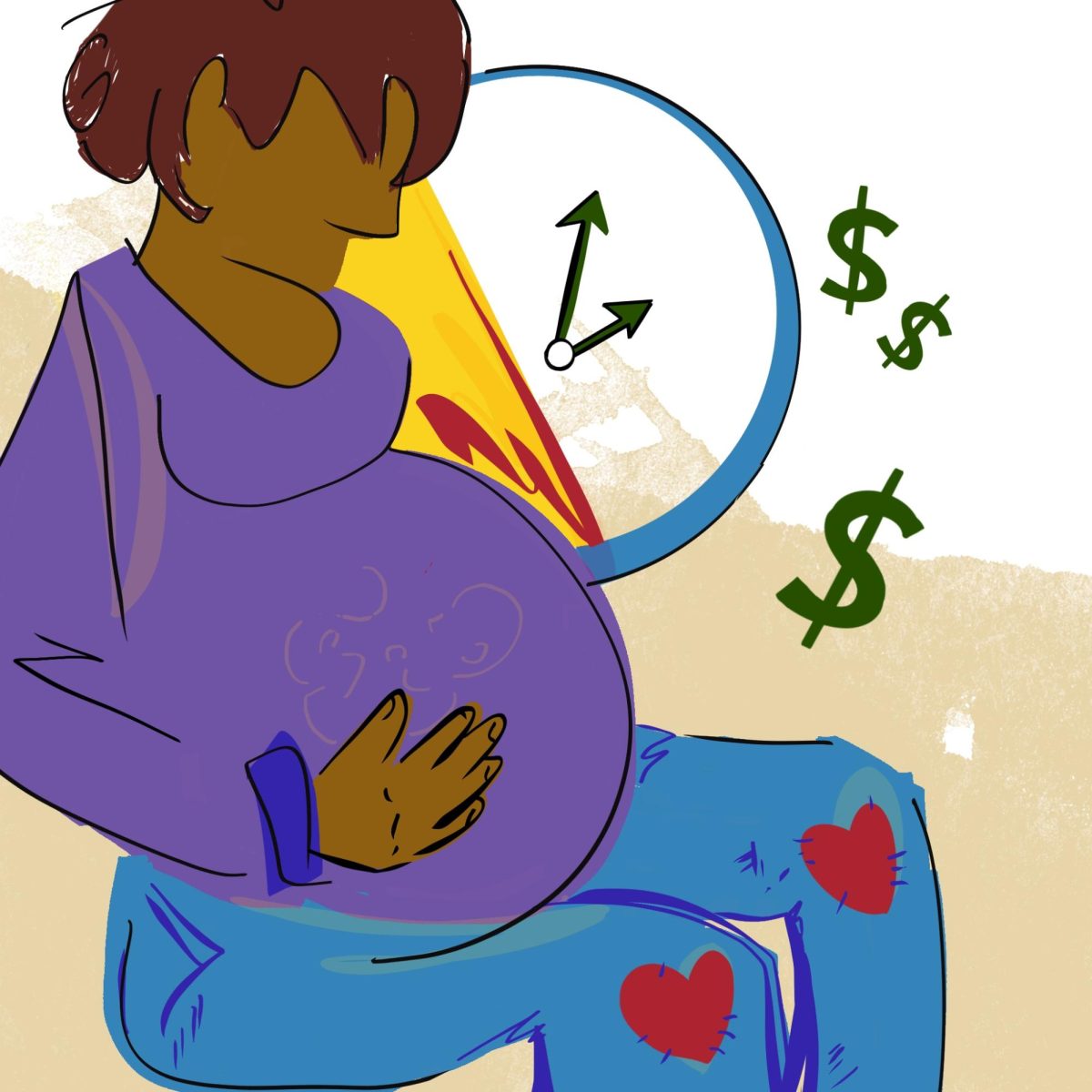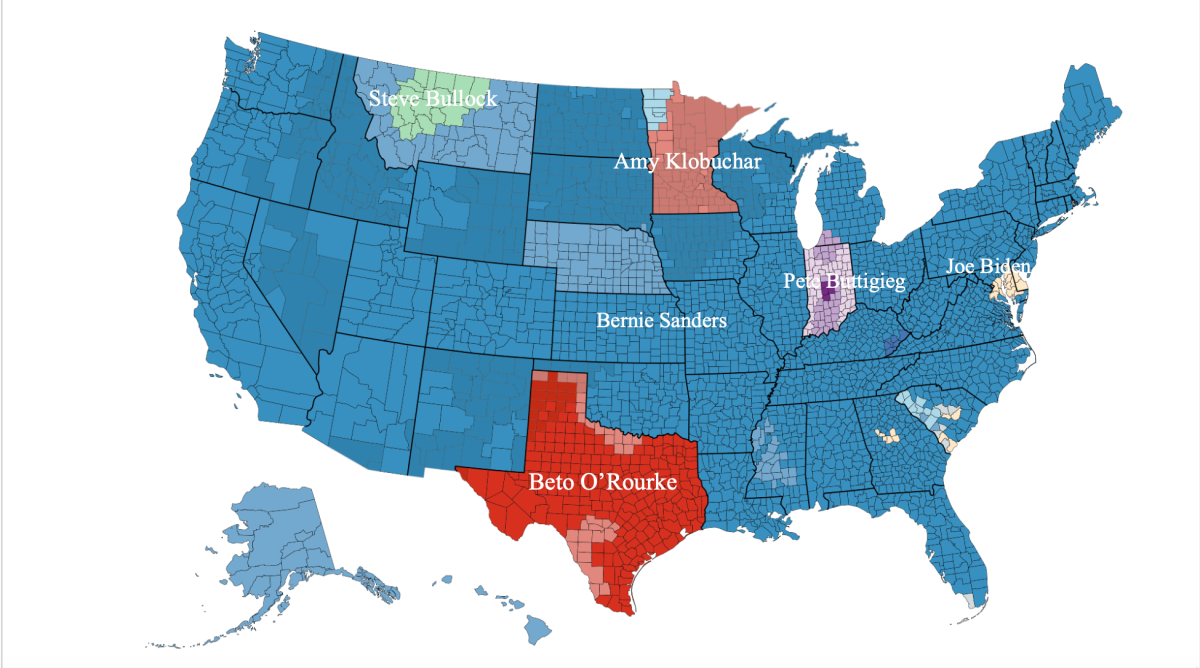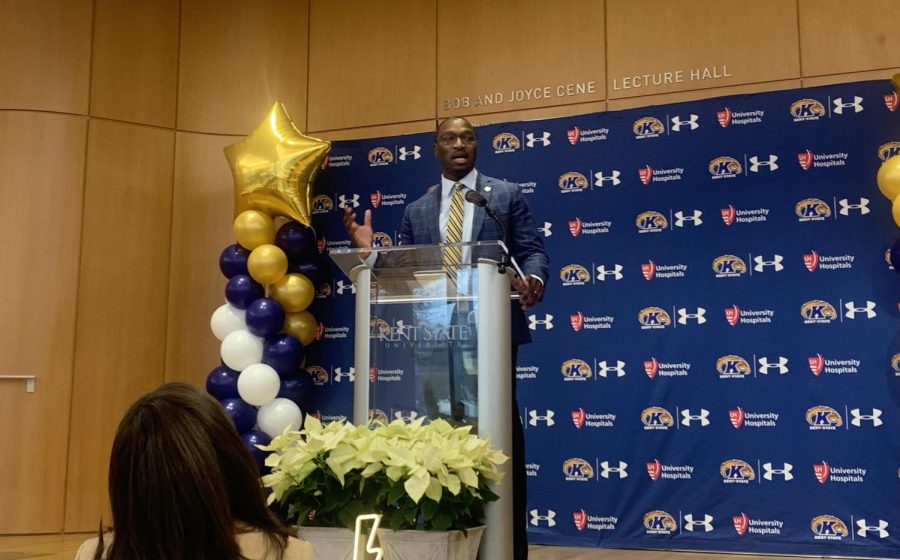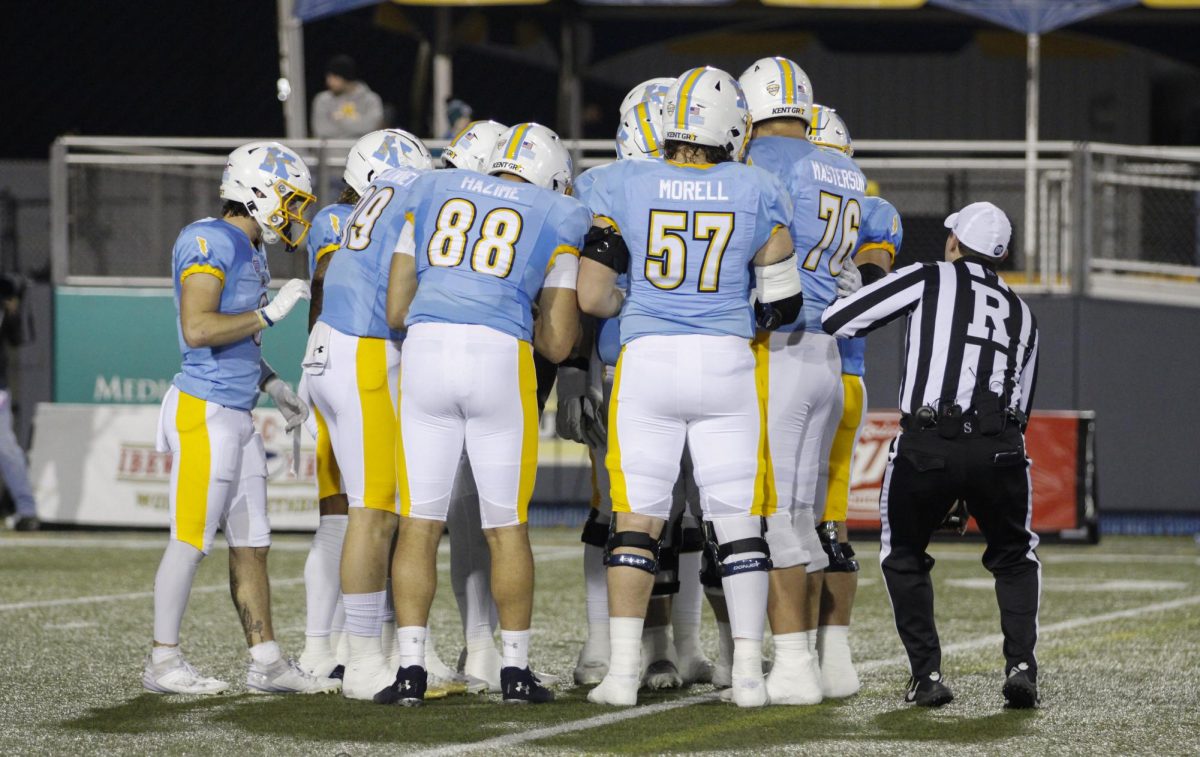Recently, I saw a video on Instagram from @femalequotient of a woman interviewing a variety of people from different countries. She asked them how much paid maternity leave women in America receive.
One person said two weeks, another said four weeks and some even said three to four months. The actual answer to the question that the interviewer gave at the end was “zero.” Zero.
As said in the video, “Globally, the average paid maternity leave is 29 weeks, and the average paid paternity leave is 16 weeks. Although, the U.S. is one of six countries in the world [currently] with no national paid leave.”
Having maternity leave is essential for our humanity. But if this is not of utmost importance in America, it can have a drastic impact on the workforce, women, families as a whole and so much more.
According to an article by Healthline, “25 percent of women are forced to return to work within two weeks of giving birth to support their families. The United States is the only high-income country to not offer paid maternity leave on a federal level. Paid leave is guaranteed in 178 countries, the United States not being one of them.”
A woman, after giving birth to a child, can take from six months to over a year to completely heal and recover. No woman should be going back to work right after pregnancy, no matter how intensive the work can be. Whether it’s a high or low intensive job, it can be extremely dangerous for the woman.
Also, it is essential for the mother to be with her baby to gain the important bond post-pregnancy.
The same Healthline article stated that “40 percent of women don’t qualify for the Family Medical Leave Act (FMLA), which grants 12 weeks of protected job leave, unpaid, at the federal level.”
Even though this will protect the woman from losing her job, it can still be unpaid. If the woman is someone that may struggle with certain insurances, having a child and its medical bill can be extremely expensive.
While a woman is recovering from a pregnancy, something essential for human existence, she also has to worry about her unpaid time off from work and struggle to help take care of her family. Women can, and should, be breadwinners too.
Maternity leave is not a vacation. Maternity leave is a necessity.
Lastly, the Healthline article also states “1 in 10 women suffer from postpartum depression in the United States.”
So, after trying to heal their bodies, taking care of their newborn child and worrying about money, they also may be suffering from postpartum depression.
It is essential for women to have a longer and paid maternity leave so they can heal their bodies both physically and mentally and be able to continue to provide for their families.
If we continue down this route of being one of the few countries that do not provide this type of maternity leave, we will contribute to struggles and even deeper negative impacts on generations of families to come.
Ella Katona is an opinion writer. Contact her at [email protected].







